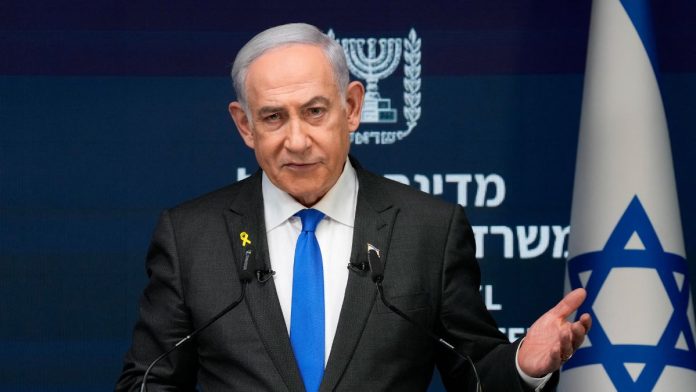In a dramatic escalation of hostilities in the Middle East, Iran launched an unprecedented barrage of over 180 ballistic missiles aimed at Israel on Tuesday. This aggressive move has sent shockwaves through the region and prompted swift retaliation from Israel, alongside strong backing from the United States. As the world watches closely, the implications of this conflict are vast and complex, raising significant questions about regional stability, international alliances, and the potential for further military escalation.
First Combat Death Reported
The Israeli military has reported its first combat death in Lebanon since the onset of hostilities, marking a somber milestone in a conflict that is rapidly intensifying. The casualty underscores the grave human cost of this escalating confrontation, which has already claimed numerous lives and injured many more.
According to Iranian officials, Iran’s Fattah missiles successfully struck 90% of their intended targets, primarily military bases within Israel. This impressive accuracy has raised alarms about the capabilities of Iran’s missile technology and its implications for future conflicts in the region.
International Response
In the wake of Iran’s missile strikes, both the United States and other nations condemned the actions as provocative and unacceptable. President Joe Biden characterized the attack as “defeated and ineffective,” attributing this outcome to the robust military defenses of Israel and the U.S. The administration has reiterated its unwavering commitment to support Israel, indicating that any Iranian aggression will be met with a formidable response.
Lebanon Casualties
As the conflict escalates, Israel’s military operations in Lebanon have resulted in significant civilian casualties. The Lebanese health ministry reports at least 55 deaths and 156 injuries due to Israeli airstrikes, raising humanitarian concerns and drawing criticism from international observers about the impact of military actions on non-combatants.
UN Emergency Meeting
In light of the escalating violence, the UN Security Council has scheduled an emergency meeting to address the crisis. The international community is increasingly alarmed at the potential for the conflict to spiral out of control, with calls for restraint from all parties involved.
Background of the Conflict
This current wave of violence traces its origins back to a series of Israeli military operations targeting militant leaders in the region. Following these incursions, Iran’s missile strikes were framed as a defensive response to perceived Israeli aggression. Iranian officials insist that their actions are justified under the banner of national security, while Israel categorically rejects this narrative, viewing Iran’s strikes as an unacceptable provocation that threatens its sovereignty.
Global Reactions
U.S. Support
President Biden’s reaffirmation of support for Israel reflects a long-standing alliance between the two nations. In a recent statement, he declared, “Make no mistake, the United States is fully, fully, fully supportive of Israel.” This robust support underscores the geopolitical complexities at play and the potential ramifications of U.S. involvement in the conflict.
International Concerns
The Kremlin has voiced alarm over the escalating tensions, calling for restraint from all involved parties. Russia’s stance highlights the delicate balance of power in the region and the role of major world powers in influencing the course of the conflict.
Regional Impact
The ripple effects of this conflict are already being felt globally. In response to the heightened tensions, various countries—including the UAE, Denmark, and Japan—have suspended flights and increased security measures. The potential for broader regional instability raises urgent questions about international travel and commerce in the coming weeks.
Latest Updates
As of now, Israeli forces have initiated ground invasions into Lebanon and are expected to launch additional strikes across the Middle East. The situation remains fluid, with Hezbollah engaging Israeli troops, employing rockets and artillery in response to the ongoing military operations.
Iran’s foreign minister has issued a stark warning to the U.S., cautioning against any intervention. He emphasized that Iran would respond decisively to any provocation, further complicating the already volatile situation.
As tensions in the Middle East reach a boiling point, the international community watches with bated breath. The consequences of this conflict will likely reverberate far beyond the immediate region, influencing global politics and security dynamics for years to come. The path forward remains uncertain, but one thing is clear: the need for diplomatic solutions has never been more urgent.
Must Read: Iran’s ‘Big Mistake’: Israel Prepares for Large-Scale Retaliation






